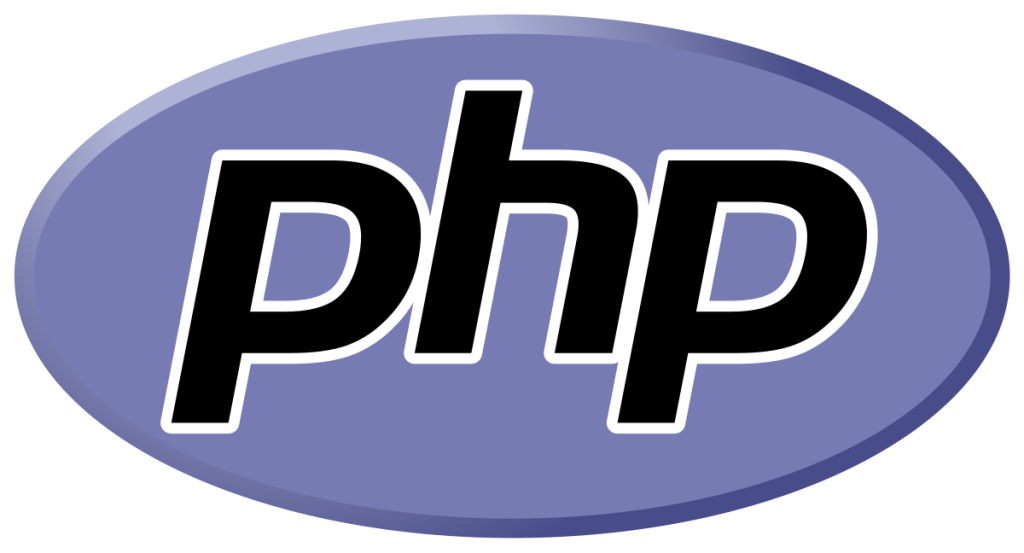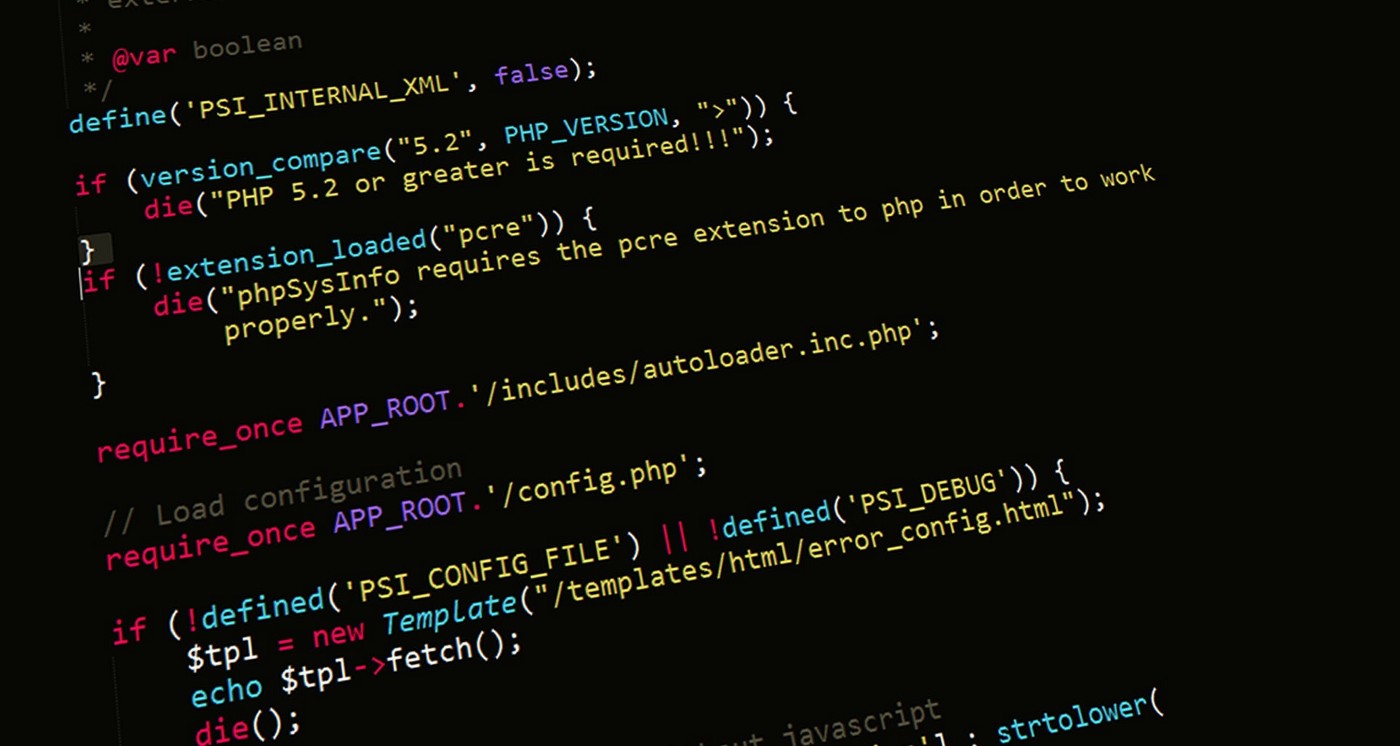PHP is a server-side scripting language used to create dynamic web pages. It was created by Rasmus Lerdorf in 1995, and has since evolved to include object-oriented programming capabilities. PHP is widely used as the back-end language for many popular content management systems, such as WordPress, Drupal, and Joomla, as well as for building custom web applications. It can be integrated with various web development tools and frameworks, such as Laravel, CodeIgniter, and Symphony. PHP is often used in combination with MySQL, a popular open-source database management system, to create powerful and dynamic websites and web applications.
Usage in Web Development
PHP is primarily used for server-side web development, which means that it is executed on the server and the resulting HTML is sent to the client’s browser. This allows for the creation of dynamic web pages that can change based on user input or other variables. PHP is often used in combination with HTML, CSS, and JavaScript to create complete web pages and web applications.
One of the main advantages of using PHP for web development is its ability to interact with databases, such as MySQL, to retrieve and store information. This allows for the creation of dynamic, data-driven websites and web applications, such as e-commerce websites, social media platforms, and content management systems. PHP can also be used to process form data, handle file uploads, and manage sessions and cookies, making it a versatile language for web development.
In addition, PHP has a large community of developers and a wide range of open-source libraries and frameworks available, making it easy for developers to find solutions to common problems and to build upon existing code. This also helps to ensure that security vulnerabilities are identified and addressed quickly.
Overall, PHP is a popular and widely-used choice for web development due to its ease of use, flexibility, and ability to interact with databases.

About PHP Versions
PHP has undergone several version releases throughout its history. The latest stable version of PHP is 8.2.1, released on January 5, 2023.
Some of the most notable versions of PHP are:
PHP 5: This version was released in 2004 and included several new features, such as support for object-oriented programming, exceptions, and improved performance. It is widely used in many web applications and sites.
PHP 7: This version was released in 2015 and brought significant performance improvements over PHP 5, as well as new features such as support for return type declarations and scalar type hints.
PHP 8: This version was released in November 2020 and introduced new features such as Just-In-Time (JIT) compilation, improved type system, attributes, and match expressions.
It’s worth noting that some older versions of PHP have reached end-of-life (EOL) and are no longer supported by the PHP development team, which means they will no longer receive security updates or bug fixes. So, using an unsupported version of PHP could expose the application to security vulnerabilities. It’s always recommended to run the most recent version of PHP that is supported for security, performance and compatibility reasons.
Advantages of PHP in relation to other similar programming languages
PHP has several advantages that have contributed to its popularity and widespread use in web development. Some of the main advantages of PHP include:
Easy to learn and use: PHP has a simple syntax that is easy for beginners to learn, and it is well-documented and supported by a large community of developers. This makes it a good choice for small projects and personal projects.
Cross-platform compatibility: PHP can run on various operating systems, including Windows, Linux, and MacOS, and can be integrated with many web servers, such as Apache and Nginx. This makes it a versatile choice for web development.
Large community and open-source libraries: PHP has a large community of developers who contribute to the language through open-source libraries and frameworks, such as Laravel, CodeIgniter, and Symphony, making it easy to find solutions to common problems and to build upon existing code.
Good database integration: PHP has built-in support for several popular databases, including MySQL, PostgreSQL, and SQLite, which makes it easy to interact with databases and create dynamic, data-driven websites and web applications.
Speed and performance: PHP has been optimized for web development and it’s designed to be lightweight, making it fast and efficient to execute. Additionally, with the release of PHP 8, Just-In-Time (JIT) compilation has been added which improves the performance even more.
Overall, PHP is a popular and widely-used choice for web development due to its ease of use, flexibility, and ability to interact with databases. It’s a good choice for small to medium-sized projects, and its large community of developers and open-source libraries make it easy to find solutions to common problems.


Leave a Reply